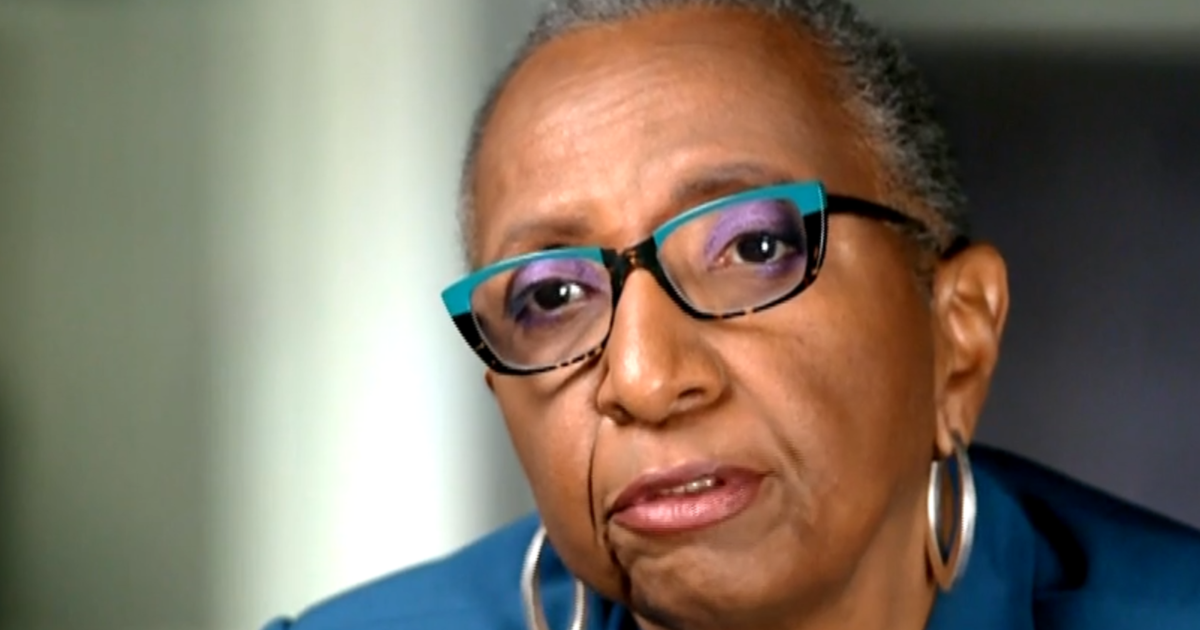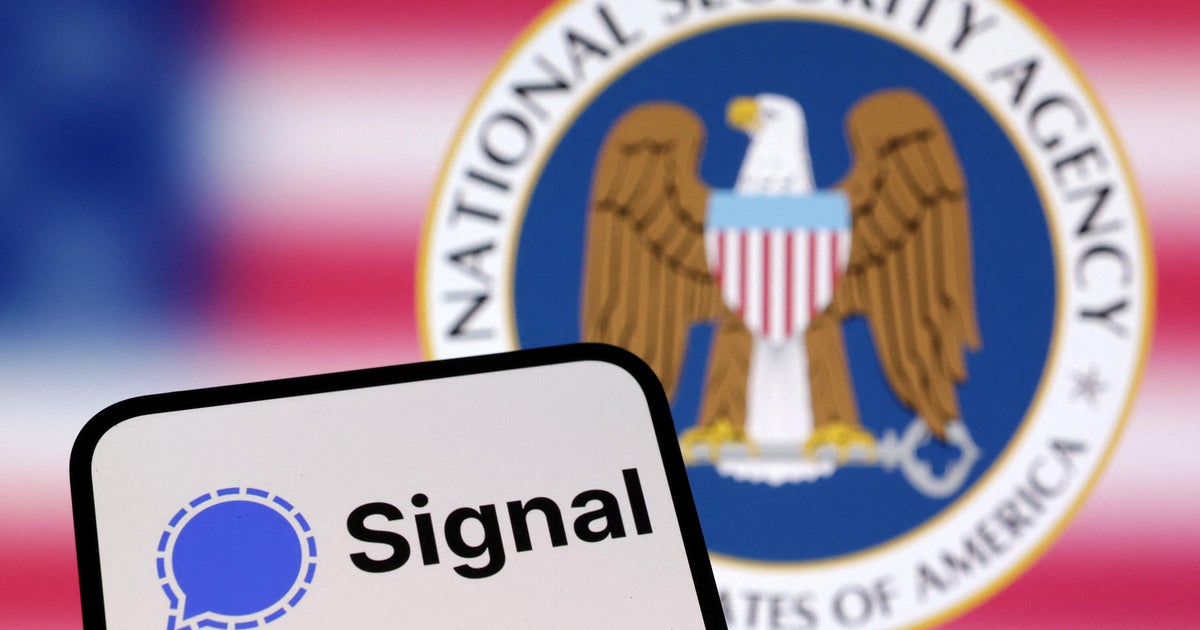Supreme Court upholds Biden-era ghost gun rule
Washington — The Supreme Court on Wednesday upheld a Biden administration rule that regulates unserialized firearms called ghost guns, delivering a win for federal efforts to curb gun violence.
The high court ruled 7-2 in finding that the rule from the Bureau of Alcohol, Tobacco, Firearms and Explosives is not facially inconsistent with federal firearms law. Justices Clarence Thomas and Samuel Alito dissented. Justice Neil Gorsuch authored the opinion for the majority.
"The GCA embraces, and thus permits ATF to regulate, some weapon parts kits and unfinished frames or receivers, including those we have discussed," Gorsuch wrote, referencing the Gun Control Act of 1968.
The case before the Supreme Court did not involve the Second Amendment, but whether ATF went too far when it issued the rule subjecting ghost guns to the same requirements as commercial firearms.
It follows a decision from the high court last year that struck down a measure from the first Trump administration that outlawed bump stocks, which are devices that increase a firearm's rate of fire. It's unclear whether President Trump will keep the regulation in place or take steps to rescind it.
Gorsuch's opinion included images of a "Buy Build Shoot" weapon parts kit from Polymer80, a seller of the kits, and a completed firearm constructed from the parts. He called the finished product "an instrument of combat."
"No one would confuse the semiautomatic pistol pictured above with a tool or a toy," he wrote. "Of course, as sold, the kit requires some assembly. But a number of considerations persuade us that, even as sold, the 'Buy Build Shoot' kit qualifies as a 'weapon.'"
Gorsuch acknowledged that while it may take roughly 30 minutes to construct a firearm out of the kit, it "comes with all necessary components, and its intended function as instrument of combat is obvious."
"Really, the kit's name says it all: 'Buy Build Shoot,'" he wrote.
Writing in dissent, Thomas accused the majority of rewriting the law to regulate weapon parts kits and said it "blesses the government's overreach based on a series of errors."
"Congress could have authorized ATF to regulate any part of a firearm or any object readily convertible into one. But, it did not," he said. "I would adhere to the words Congress enacted."
Gun violence prevention groups cheered the Supreme Court's decision, calling it a victory for public safety.
"Ghost guns are the gun industry's way of skirting commonsense gun laws and arming dangerous people without background checks. We are thrilled that the Supreme Court has upheld the ATF rule that treats ghost guns as what they are: guns," said David Pucino, legal director and deputy chief counsel, Giffords Law Center, in a statement.
The court was considering an appeal from the Biden administration of a lower court ruling that struck down the measure.
The regulation, issued in 2022, sought to address a surge in crimes committed using ghost guns, which can be made with 3D printers or kits and parts available online. The weapons don't have serial numbers or transfer records, making them difficult for law enforcement to trace and attractive to people who are prohibited from purchasing firearms.
The rule clarified the definition of "firearm" in the Gun Control Act of 1968 to include a weapon parts kit that can be assembled into an operational weapon in less than 30 minutes, and the incomplete frame of a handgun or receiver of a rifle.
By seeking to regulate the kits under the decades-old law, the rule subjects ghost gun manufacturers and sellers to the same requirements as commercial gun makers, meaning they have to be licensed, mark their products with serial numbers, maintain certain records and run background checks on interested buyers.
Shortly before the regulation took effect, gun owners, advocacy groups and the makers of parts kits challenged it in federal court, arguing that ATF didn't have the authority to change the definition of "firearm" to cover weapon parts kits.
A federal district court judge and a panel of three judges on the U.S. Court of Appeals for the 5th Circuit struck down the rule. The appeals court found that Congress did not authorize ATF to regulate kits under the Gun Control Act.
The Biden administration had warned the Supreme Court that if it were to strike down the rule, then minors, criminals and others who cannot have guns could instead buy kits that could be assembled into a functioning, untraceable firearm in a matter of minutes.
The Justice Department said the measure has been successful at addressing the surge in crimes committed using ghost guns, and the market for the weapons has effectively collapsed in the nearly two years the rule has been in place.
A group of major U.S. cities also said the regulation has been effective at reducing the use of ghost guns in their municipalities. In New York, ghost gun recoveries fell in 2023 for the first time in four years, and in Baltimore, they decreased in 2023 for the first time since 2019.
During an earlier stage in the litigation over the Biden administration's rule, the Supreme Court allowed ATF to enforce the requirements until it issued a decision.
The court's majority said that there are limits to its decision, and that while some parts kits qualify as weapons that can be regulated, not all do.
"Weapon parts kits vary widely. Not all come as complete as the 'Buy Build Shoot' kit. Some, too, may require more time, expertise, or specialized tools to finish," Gorsuch wrote. "And at some point a kit may be so incomplete or cumbersome to assemble that it can no longer fairly be described as a 'weapon,'" capable of being converted into a working firearm.
He continued: "While we recognize the problem, this case does not require us to untangle exactly how far" the law reaches.




